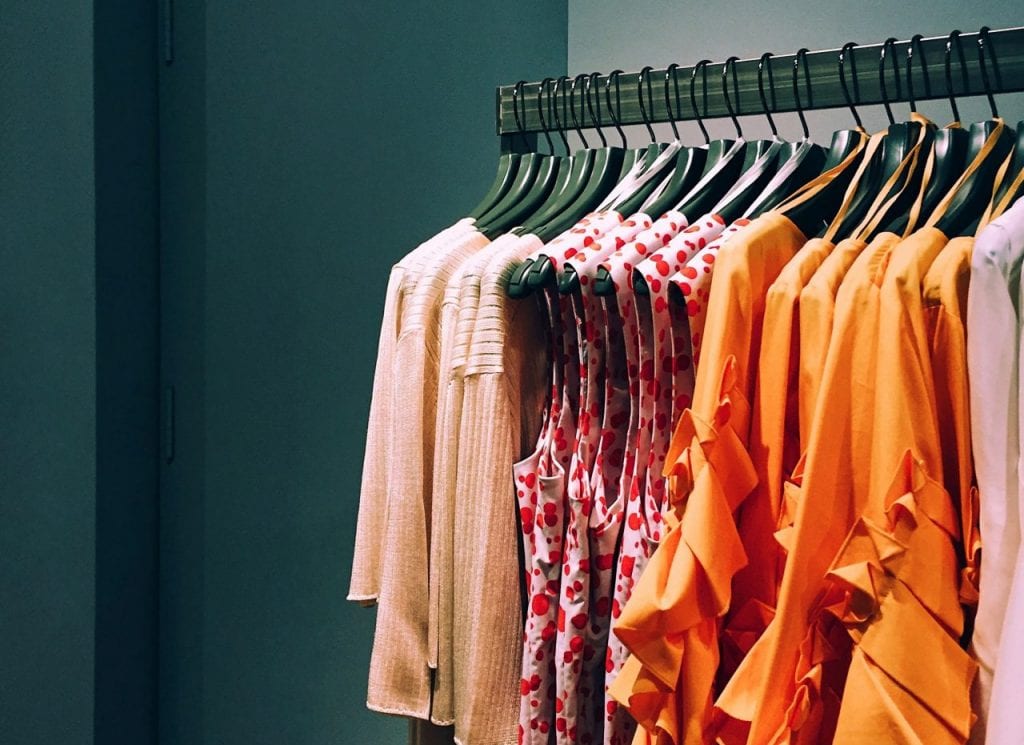Good data on the workings of multi-national brands’ supply chains is difficult to come by. For years, fashion and apparel brands, alike, have promised to police their supply chains in order to identify and root out unsafe labor conditions and abuse, particularly in the wake of the Rana Plaza tragedy in 2012, which saw the collapse of a structurally unsound building that housed garment suppliers for major Western brands, and which resulted in the death of more than 1,100 individuals. The headline-making tragedy made it clear that many of the market’s biggest brands could not accurately pin-point where – and in what conditions – their products were being made.
As a result, a barrage of major brands joined various labor-and-supply chain-centric initiatives and rolled out glossy information campaigns to save face and drive home messages about the need to, and their willingness to participate in the clean up of their vast networks of suppliers in furtherance of a larger movement towards transparency in the $545 billion-or-so global clothing industry, which sees fashion brands make and sell as many as 150 billion garments each year.
But the many promises and sustainability-centric campaigns, many of which landed big brands in top spots on various headline-making “transparency” and “sustainability” rankings, new research from Cornell University’s School of Industrial and Labor Relations shows that many of fashion’s manufacturing problems still exist. Of particular interest for the Cornell researchers? The fact that much of the information given to the auditors that brands pay to inspect their suppliers’ factories was patently inaccurate, particularly in China and India.
According to the latest information coming out of Cornell’s New Conversations Project, an independent research and action program that focuses on private and public regulation systems needed in order to end abusive labor practices in global supply chains, “more than half of the 31,652 factory audits conducted in those two countries over a seven-year period were based on falsified or unreliable information.”
As Jason Judd, the executive director, of the Cornell University ILR School New Conversations Project, and Sarosh Kuruvilla, a professor of Industrial Relations and Asian Studies and Public Affairs at Cornell, revealed in a recent article, “The unreliable audits showed laborers working fewer hours per week and suggested much higher compliance with local wage laws than the more reliable audits.” In one instance, they note that “labor audits of the same supplier by the same auditing firm in the same time period produced very different results.”
“The share of inaccurate audits was lower in the other 11 countries in the study, but still the average unreliability of all of the 40,458 audits examined was about 45 percent,” which Judd and Kuruvilla say “means that brands cannot see the results of the many corporate social responsibility programs intended to track and improve working conditions in their suppliers’ factories.” As a result, there has not been “enough effort [to] improve conditions,” and thus, “consumers who want to use their spending to improve working conditions don’t have reliable information to inform their purchases.”
In order to ascertain the accuracy and reliability to the aforementioned audit information, a team at Cornell University’s School of Industrial and Labor Relations spent two years “building trust with apparel companies, suppliers and other groups and persuading them to let the researchers analyze their data.” In exchange, the Cornell team says that they signed nondisclosure agreements, thereby, enabling them to “work with unique, massive data sets never before available to researchers, [and] making it possible to see the inner workings of large-scale labor compliance programs and help them measure their impacts.”
With “more reliable” information at hand, “a clearer picture begins” to arise, according to Judd and Kuruvilla, who note that “a recent analysis demonstrates how bad data on the fashion industry’s environmental impacts distorts efforts to change them.” For instance, “questionable facts plague the conversation around sustainability and fashion, and that makes the industry harder to regulate.”
Reflecting on existing research and the findings from their own study, Judd and Kuruvilla state that “a mandatory system of due diligence – rather than the current voluntary one – may be necessary to fix the problem,” pointing to the fact that the European Commission “is considering a proposal that would require apparel, food and mining companies, among others, to implement human rights due diligence and accountability along their global supply chains and report publicly about their efforts.”
All the while, they assert that “better reporting by itself will not solve the problem, [and] workers and unions need to play a bigger role.” They point to a separate Cornell analysis, which found that “compliance with safety and labor laws increases significantly when workers are able to bargain with managers over working conditions,” something that may be bolstered in the not too distant future “as part of a new agreement with governments and brands like Adidas and H&M [that is] aimed at protecting the garment industry and its workers from a drop in demand due to the coronavirus recession.”











